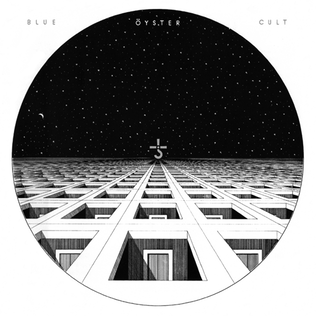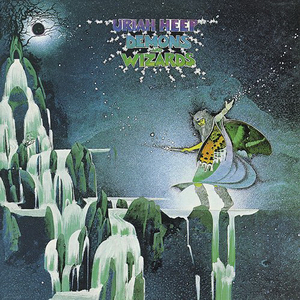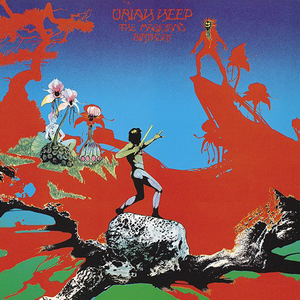While working on my Top 5 articles, I ended up listening to a lot of new stuff. However, I figured I couldn't do a review for all of them, but here's a handful that I thought were worth talking about, partially because they let me carry on reviewing these bands' discographies.
Deep Purple - Deep Purple in Rock
While I've reviewed a handful of this band's albums, I'm certainly doing them out of order. In preparation for this one, I did listen to their first three albums, and they're just okay. Obviously, Jon Lord's neo-classical elements were neat, but it was clear that they weren't really doing anything too special quite yet. With a lineup change, things are certainly different, as the band really digs in hard on a louder, more intense sound.
Right away, new vocalist Ian Gillian makes an impact. Rod Evans wasn't a bad singer, but he wouldn't have been a good match for this shift into hard rock. Gillian takes command of the songs and gives them a ton of attitude. The rest of the band really turns it up as well, making some very loud and forceful tunes. Jon Lord and Ritchie Blackmore go back and forth with their solos, while Ian Paice rocks out with new bassist Roger Glover. I can definitely see why the band felt this was a restart for them, calling this iteration Mark II.
However, it's still rough in spots. Lord leans a little too hard on some atonal chords for his organ in spots, and the second half of the album isn't as strong, which is why it didn't make my Top 5 for the year. Still, it's all pretty solid, heavy-hitting blues rock. Songs like "Speed King" and "Child in Time" have cemented themselves in rock history, and the album sets the foundation for them to turn into one of the major hard rock bands of the era.
Scorpions - In Trance
Yup, it's time to pick up where I left off with this band. While the first two album had them still messing around with progressive rock ideas, here we have the band fully streamlined into a 70s hard rock sound. While I don't think they have their iconic sound quite yet, I can't deny this one had some very fun songs, and I'm kinda surprised it wasn't a bigger deal back then (on an international level, anyway).
Once again, Klaus Meine shows why he's one of the best of the business, his vocals majestically soaring over the songs, and the harmonies are very spot on as well. However, I do wonder if guitarist Uli Jon Roth doesn't take a bit too much of the spotlight. Some of the songs later on the album just feel like pieces for him to solo over, and not much else (including the instrumental track that closes the album). Still, what's here rocks pretty well, finding a spot between Black Sabbath, Deep Purple, and Uriah Heep (especially with those organs they use in the background sometimes).
As for standouts, the title track is the biggest, feeling like a mini-epic with how it builds, "Robot Man" is definitely on the quirky side, but it also has some good energy, and many of the tracks show Roth's range of guitar playing ability, with him playing both melodic and noodly parts quite well. Which is why it's strange that it feels like this album wasn't a bigger deal when it came out. I get that getting a record outside of Germany in the 70s may not have been easy, but I could see fans of Queen and Rainbow really digging this, between the theatrical tones and dynamic guitar work.
Uriah Heep - Return to Fantasy
Speaking of which, I'm still working my way through this band's discography! John Wetton of King Crimson (and would later start Asia) joins them on bass for this album. However, the band stays pretty consistent with what they've been doing recently, though with a few twists here and there.
For an album title that claims to return to the fantastical, the lyrics seem to focus on typical romantic stuff. I admit I would have liked them to bring back some of the ideas from Demons and Wizards. Nevertheless, what makes Uriah Heep is still around: the tight vocal harmonies, the prominent organ, now joined by more synths, and some solid rocking grooves. Wetton seems to bring a little funk with him, as well. The title track and "Showdown" show the band still has their chops, both in performing and song-writing. "Beautiful Dream" gets a bit weird, but in a good way, as the song builds well. And the closer "A Year and a Day" has some good dynamics and transitions, getting a bit anthemic.
However, some songs end up being just filler. "Your Turn to Remember" is a pretty generic blues rocker, "Why Did You Go" has this somber vibe that I think they've done better elsewhere, and "Prima Donna" has this horns section and bombastic energy that it didn't even feel like Uriah Heep! I'm not sure why they went with that for a single. Overall, it's decent stuff, about as good as previous albums, if perhaps a little less inspired, as it seems like they're hitting the same notes as before.
Queen - A Night at the Opera
Well here's a bit of a throwback. Much earlier in my blog, I started reviewing Queen's discography, hoping to get a little deeper into their catalog. After doing the first three albums, I guess I dropped the ball. Fortunately, these Top 5 articles I'm doing have inspired me to pick this band up again. With all the 70s rock I'm listening to, it's hard to imagine the decade without Queen, after all.
Of course, this album is probably their best known, featuring some of their biggest hits, like "You're My Best Friend" and the immortal "Bohemian Rhapsody." Getting into the deeper songs, we see more of their humorous and whimsical side, with "Lazing on a Sunday Afternoon," "Seaside Rendezvous," and "Good Company." These sound like some of the Beatles' later experiments with a bouncier sound, but Queen gives them just enough pomp to make them their own. As for more of their rock side, while "Sweet Lady" does feel like filler, "Death on Two Legs" has to be one of their most aggressive songs, and "The Prophet's Song," while maybe a little too long with the neat a capella section, is them at their most epic and theatrical. Those looking for hard rock with plenty of flair would find little competition in the 70s.
Reviewing this album maybe a little redundant, as it is so well loved, but like I said, I wanted to go beyond the handful of tracks that I hear on classic rock radio all the time. While previous albums have decent, I can definitely say this one is nearly the complete package, a joy to listen to all the way through, and one of the best albums of 1975. This Top 5 article I'm working on is gonna be hard to decide!


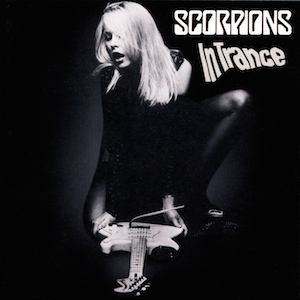
.jpg)

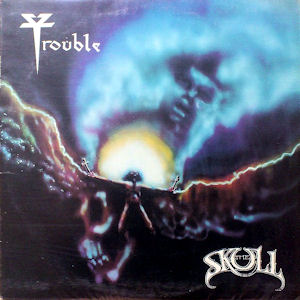

.jpg)



